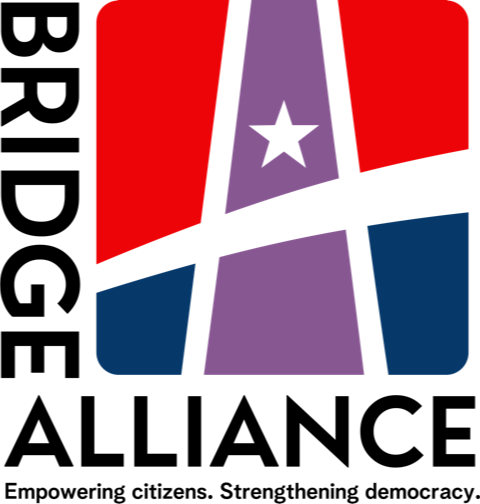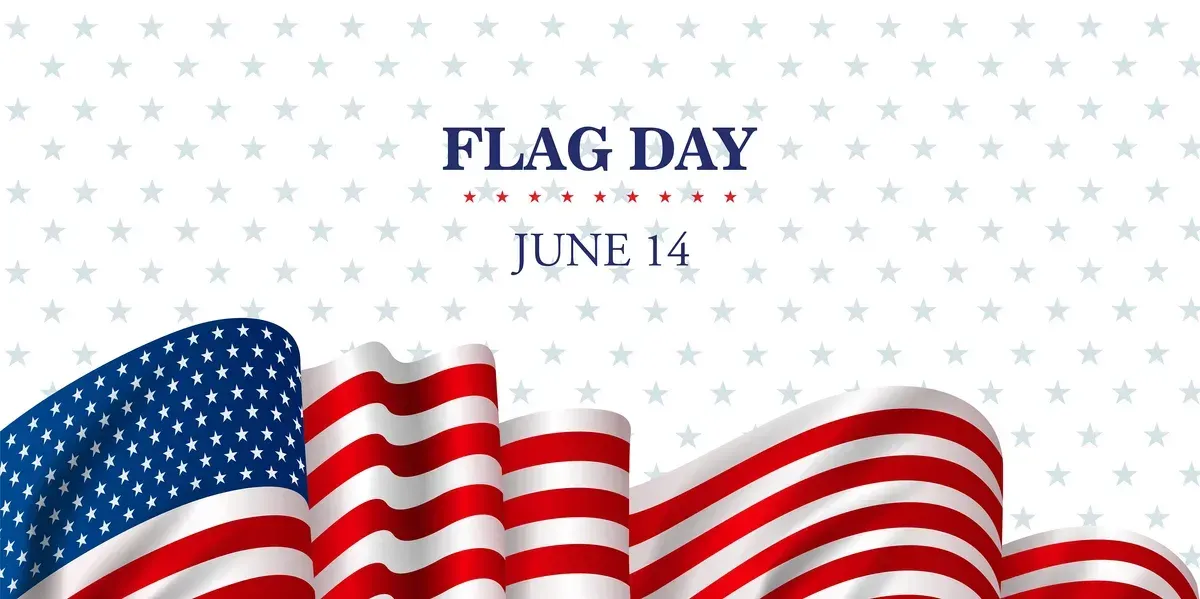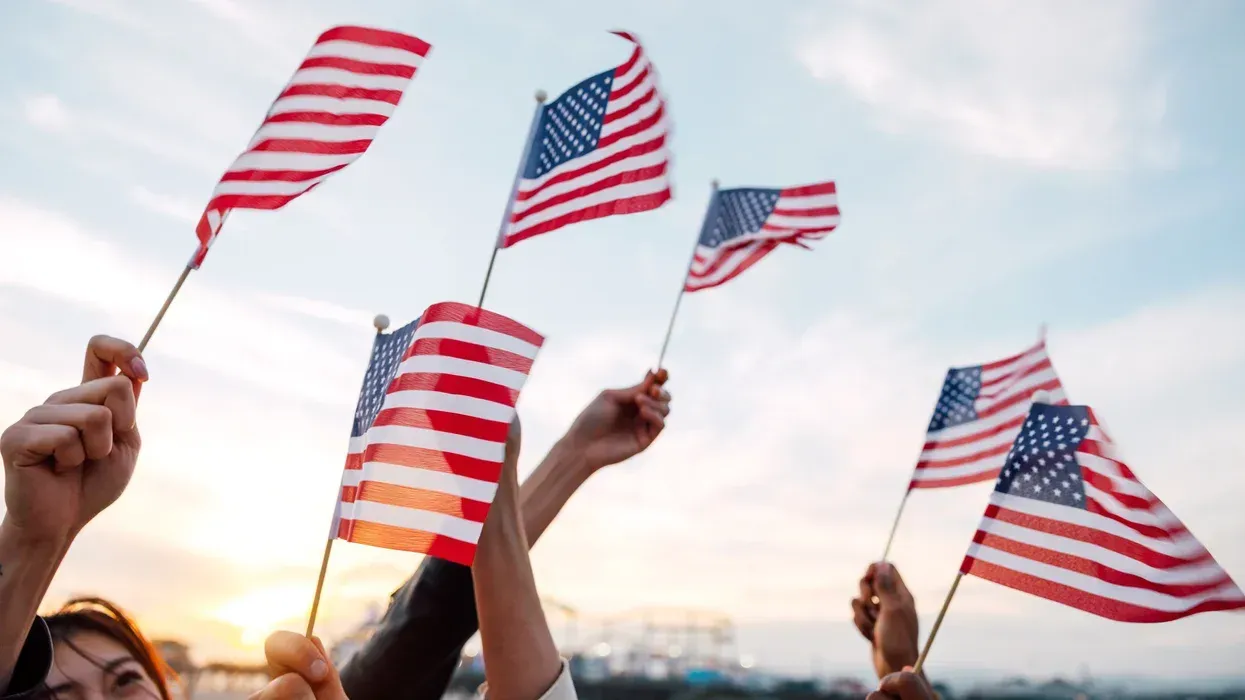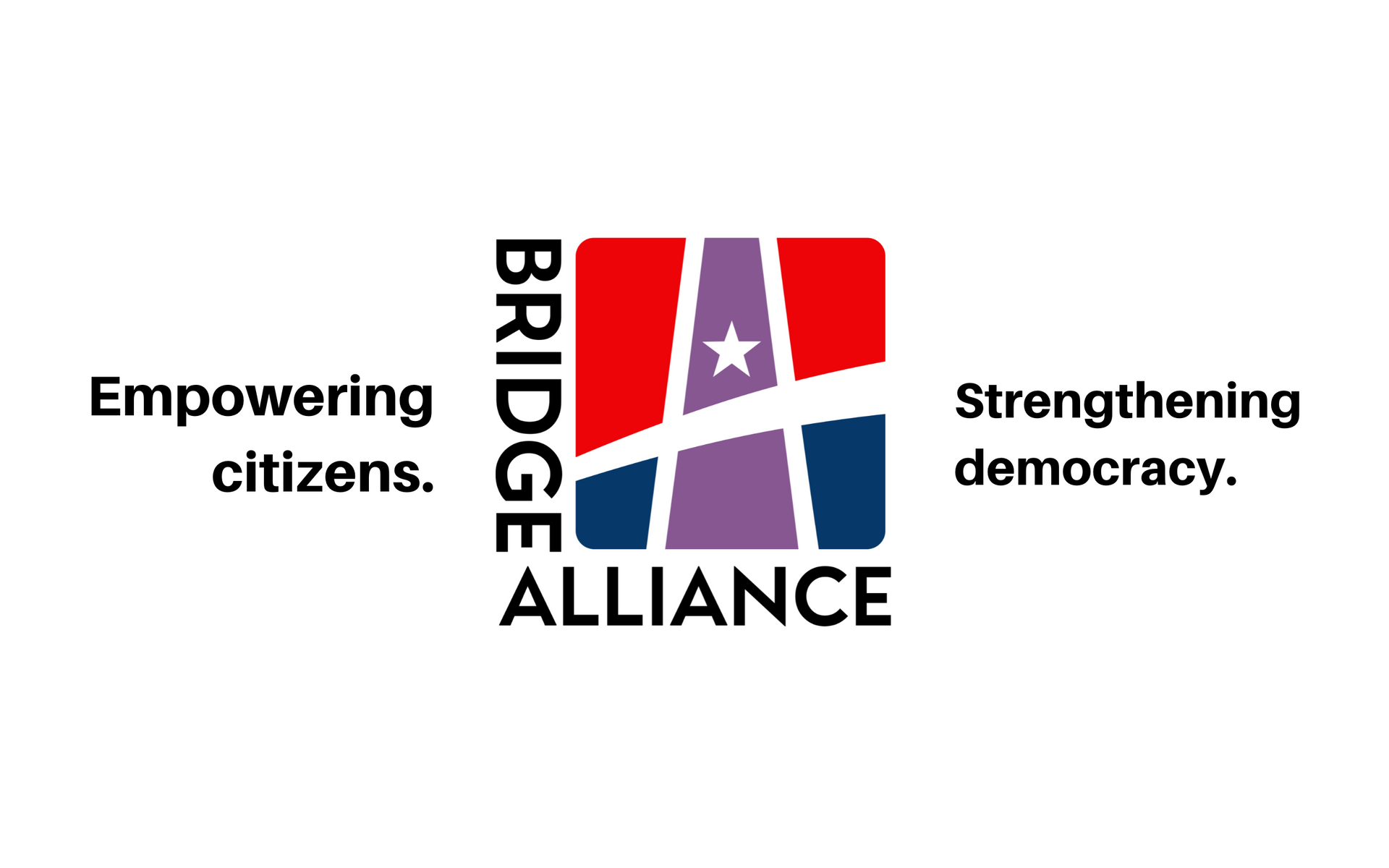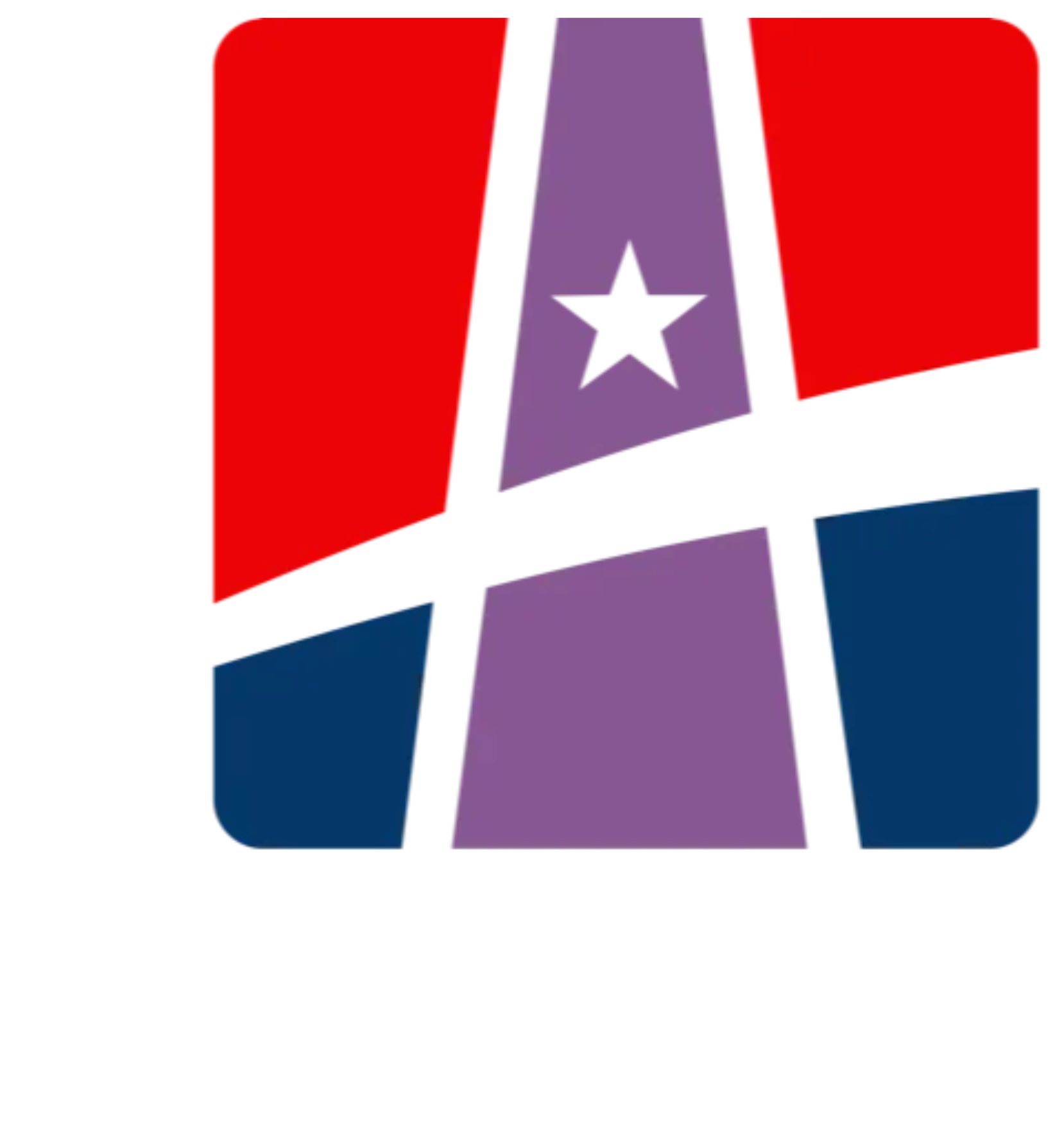Reclaiming the American flag: A symbol of unity in a divided nation
Flag Day is observed annually on June 14.
Flag Day is observed annually on June 14, commemorating the adoption of the American flag by the Second Continental Congress in 1777. This day is rooted in a desire to honor the symbol of the nation's values and aspirations, cemented by President Woodrow Wilson's proclamation in 1916 and the official law signed by President Harry Truman in 1949.
Flying the American flag symbolizes national pride, evoking a sense of unity and shared values. It represents freedom, democracy and the relentless pursuit of a more perfect union. The flag has served as a stand-in for the nation for many years, representing a shared identity and a common set of beliefs about the country's meaning. However, as the country has self-sorted into tribes with conflicting identities, Americans are much less likely to agree on what set of beliefs the flag has come to represent. Over time, the flag has become a contentious symbol, representing divergent political views and igniting debate about its meaning. Often, displaying the flag is seen as aligning with a specific political ideology, commonly associated with conservative values.
Some people have made it a habit to display signs of tribal affiliations alongside their American flag. In more liberal enclaves, you might see a pride flag or a Black Lives Matter flag accompanying the American flag, though more often, these flags fly alone. Conversely, in conservative circles, the American flag is frequently paired with the Gadsden flag, Trump flags, Blue Lives Matter flags and even Confederate flags.
Even as a stand-alone symbol, the American flag can invoke conflicting meanings.
For many Americans, the flag is a testament to the sacrifices made by countless individuals to uphold the values of liberty and justice. Because so many Americans have died wearing the flag in military pursuits, it's hard not to see it as both a sign of honor for those lives lost and as a symbol of foreign military intervention. This duality can foster feelings of separation among those hesitant to support military interventionist policies.
The flag of our country, by definition, symbolizes nationalism. With a large cohort of the current Republican Party advocating for a form of nationalism — Christian Nationalism — it is understandable that the flag can be seen as affiliated with one political party. The perception of nationalism as exclusionary can also create a sense of alienation for those who feel excluded from this narrative, particularly marginalized communities who have historically struggled to attain the full promise of American democracy.
The flag has also played a significant role in social and political movements throughout American history. During the civil rights movement, activists often carried the flag to symbolize their fight for equality and justice. In recent years, the flag has been prominently featured in protests and rallies, whether flown by those advocating for social change or those resisting it, highlighting its dual role as a symbol of unity and dissent.
Americans with varied beliefs continue to feel a sense of ownership in their country while assigning meaning to the flag based on their beliefs. However, we are missing the cohesion that came from a time when we had a more widely shared identity. The challenge, then, lies in reclaiming the flag as a unifying symbol that transcends political divides in a time with more diversity in America than ever. The flag, a symbol that should represent all Americans, has the potential to embody the diverse tapestry of cultures, beliefs and experiences that define the nation. It should remind us of our collective responsibility to strive for a society where everyone can enjoy the freedoms and opportunities that the flag symbolizes, inspiring us all to work towards a common goal of unity and shared values.
To achieve this, engaging in open, respectful dialogue about what the flag means to different people is crucial. By actively listening to each other's perspectives, we can begin to heal the divisions and reclaim the flag as a symbol of inclusivity and shared values. This process requires acknowledging the flag's complex history and the different ways it is perceived while also reaffirming our commitment to the core principles that unite us as a nation. We can pave the way for a more inclusive and united America by fostering understanding and empathy through dialogue.
As Flag Day 2024 approaches, our community can do its part to foster dialogue about what the flag represents to folks we engage with. We have the opportunity to reframe the flag to represent our shared aspirations and a beacon of hope for all Americans. By doing so, we can honor the true spirit of the flag and the ideals it stands for, fostering a sense of unity and pride that encompasses our nation's rich diversity.
Featured Content
- AllSides (Blog) May 23rd: ZeroHedge Has Millions of Readers. But Who Are Its Writers?
- American Public Square (Article) May 23rd: American Public Square At Jewell Announces Creation Of A National Steering Committee
- American Values Coalition (Blog) May 22nd: How Do We Fight That Viral Lie That Happened This Week?
- Ballotpedia (Resource) May 29th: Supreme Court and FEC distinguish campaign finance regulations for ballot measures from candidate elections, including for foreign spending
- Divided We Fall (Article) May 29th: To Give or Not to Give: College Philanthropy on the Line
- FairVote (May 29th): Texas runoffs see 60% turnout decline. Ranked choice voting can help.
- Horizons Project (Newsletter) May 30th: THE VISTA: May 2024
- Independent Voter (News) May 29th: Texas GOP Approves Party Rule Change to Close Primary Elections
- Issue One (Press Release) May 22nd: Growing bipartisan support in Congress for Big Tech accountability is encouraging, says Issue One
- National Civic League (Article) May 27th: Representative Pelosi Kicks Off Parliamentary Exchange
- RepresentUs (Blog) May 23rd: Statement: Supreme Court’s pro-gerrymander ruling highlights need for bold electoral reforms
Podcasts
- Ballotpedia (On The Ballot) May 30th: This year's trending ballot measures
- DaviesContent (How Do We Fix It?) May 30th: The Case For Ranked Choice Voting. Rob Richie
- Common Ground Committee (Let’s Find Common Ground) May 23rd: How The Media Rage Machine Divides America: Chris Stirewalt
- The Democracy Group, May 29th: Introducing Jonesin' Around | TDG Fellowship
- The McCourtney Institute for Democracy (Democracy Works) May 19th: How elected strongmen weaken democracy
Citizen Connect Featured Events
- Braver Angels (June 1st @ 2:00 pm EDT) Depolarizing Within
- Brookings (June 3rd @ 6:00 pm EDT) Paths to progress: Race, equity and democracy
- Bridge Entertainment Labs (June 4th @ 1:00 pm PDT) What’s Making Us Laugh? What Role Does Comedy Play in Pulling Us Together – or Driving Us Apart?
- Network for Responsible Public Policy (June 4th @ 7:30 pm EDT) Healthcare: How Did We Get Here and Where Are We Going
- Mediators Beyond Borders International (June 5th @ 1:00 pm EDT) Is it Just Us? Election Polarization in the USA
Featured Fulcrum Articles
- Seth David Radwell, May 28th: The amygdala and the American schism
- Brian Clancy, May 24th: How a 101-year-old World War II veteran honors the fallen
- Dave Anderson, May 23rd: Let's aim for tripartisanship in 10 years
- Gabriel Plata, May 22nd: Why we should cook big
- Staff, May 20th: The worst gerrymandered state no longer?
In The News
- Leadership Now Project (Fast Company) May 5th: Let’s move fast and fix our nation
- ActiVote (Duluth News Tribune) May 14th: Our View: Don't let others decide today's referendum question
- BillTrack50 (NonProfit Pro) May 17th: BillTrack50 Offers AI-Generated Bill Summaries for Nonprofits
- Issue One (The Guardian) May 20th: Trump allies push bill to bar non-citizen voting, even though it’s already illegal
- Mormon Women for Ethical Government (Idaho Press-Tribune) May 29th: Ranked-choice voting has challenged the status quo. Its popularity will be tested in November
